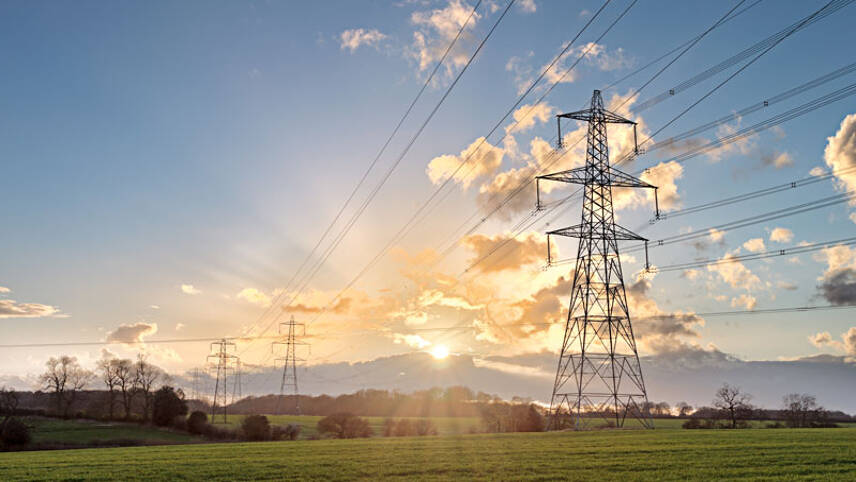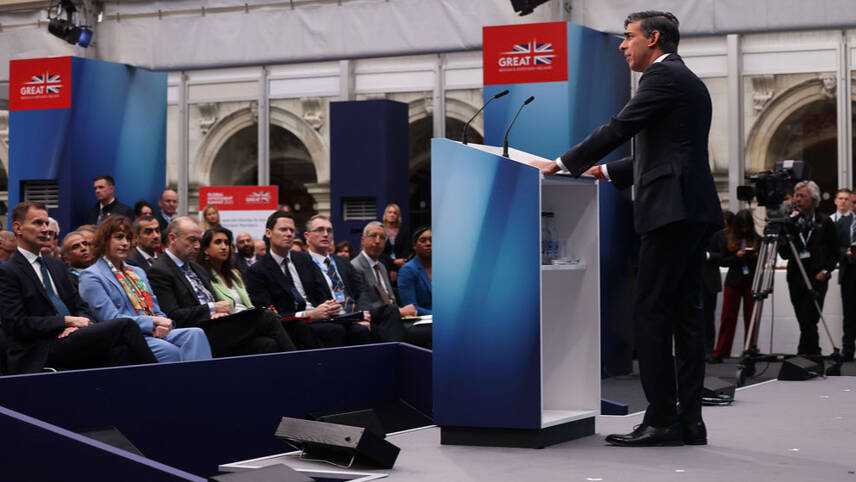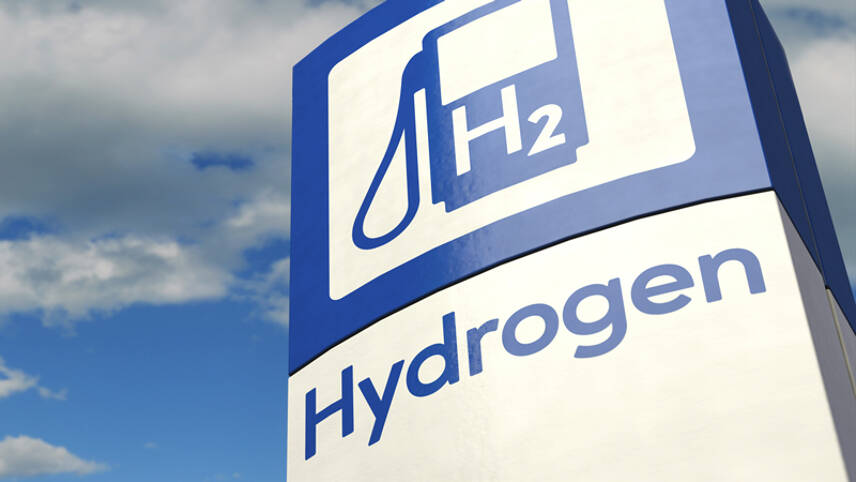WOBO appreciates the support edie provides in the dissemination of information.

Grid upgrades would knock trillions off of net-zero transition costs, study finds
Without significant efforts to scale grid infrastructure investments, nations will face a more expensive transition to net-zero as they will be forced to choose more costly energy security options like nuclear and biomass plants.
That is according to a new analysis from TransitionZero, which estimates global savings of $3trn to result from concerted plans to modernise and scale grids through 2040 as an alternative to building more expensive solutions.
The estimate is based on modelling of power grids in 163 nations which collectively represent 99% of the global population.
In its model, TransitionZero assessed the likely impact of nations making additional transmission infrastructure investments totalling $1.7trn over the next 16 years. This funding would need to be allocated strategically to optimise outcomes.
TransitionZero’s conclusion was that electricity costs could be cut by $3trn, with savings more than offsetting the spend.

Sustainability reporting most sought-after skill in corporate finance departments, poll finds
As companies scramble to prepare for forthcoming sustainability disclosure rules, many are struggling to recruit professionals with relevant data collection and reporting schemes.
This is the warning from Persefoni and the Financial Education & Research Foundation (FERF), following a poll of more than 50 chief accounting officers and controllers at listed firms in the US.
The US market was chosen for this study in recognition of the forthcoming climate disclosure mandates from the Securities and Exchange Commission (SEC).
The SEC is proposing to mandate standardised emissions disclosures across Scopes 1 (direct), 2 (power-related) and 3 (indirect) sources, with an initial focus on the largest firms for Scope 3 disclosures. Also on the table are mandatory corporate disclosures on climate risk, with the SEC warning that emissions goals or existing transition plans may not be sufficient. A finalised set of changes is expected in 2024.

Nissan funnels £1bn into Sunderland gigafactory to produce new EV models
Automaker Nissan has confirmed that more than £1bn will be invested across its UK operations, including the flagship Sunderland manufacturing facility, to produce fully electric vehicle production in the coming years.
Nissan is investing £1.12bn into its UK operations and wider supply chain for R&D and manufacturing for two new models, fully electric models – the Qashqai and JUKE. Nissan has also confirmed that next-generation Nissan LEAFs – one of the first commercial-scale electric vehicles (EVs) on the market – will also be produced at its EV36Zero hub in Sunderland.
The investment will cover facility and manufacturing process improvements, skills training, and tooling for suppliers.
In total, Nissan’s manufacturing blueprint in the UK will see £3bn invested in the three EV modes at three gigafactories. The new fund builds on Nissan’s vision to deliver a passenger car line-up that its 100% EV by 2030.

International firms have this week pledged more than £29bn of additional investment in British industries, of which more than £18bn is earmarked for the energy transition.
The £29.5bn was confirmed by Prime Minister Rishi Sunak on Monday (27 November) as he hosted the Global Investment Summit at Hampton Court Palace.
Among the announcements was a £10bn package from Australia-based IFM Investors. The firm has signed a memorandum of understanding with the Department for Business and Trade as it seeks to develop up to 4GW of renewables in the UK by 2025 under its Nala Renewables subsidiary.
Swiss firm Partners Group has pledged to back Britain’s offshore wind sector with £500m and support waste-to-heat infrastructure with a further £1bn. Through its portfolio company Gren, it is developing district heating networks served by heat from waste and biomass in Wick, Sheffield and Nottingham.

€800m to jolt the market: EU activates hydrogen boosters
The EU’s Hydrogen Bank has begun operations and is offering €800m to hydrogen producers to kickstart demand for the fuel crucial to industrial decarbonisation.
By 2030, Europe wants to produce 10 million tonnes of renewable hydrogen annually. To get companies to switch, Brussels is footing the difference between their ability to pay and the high prices charged by producers of clean-burning gas.
“Today’s launch is about connecting supply and demand for renewable hydrogen,” explained the EU’s new Green Deal chief, Maroš Šefčovič, when launching the Bank last week.
Using revenue generated from the EU’s carbon price, currently at €80 per tonne, the “hydrogen bank” will match suppliers to off-takers and smooth over the price difference.
Doing so transparently will allow outside observers to understand the market dynamics of the developing hydrogen economy. Today, little hydrogen is traded as the main consumers and refineries tend to produce it on-site for their own use.

Scotland outlines plans to end fossil-fuelled building heating by 2045
The Scottish Government has drafted proposals for a new Heat in Buildings Bill, confirming that new mandatory energy efficiency requirements are in the pipeline, as well as a more detailed plan to phase out oil and gas boilers.
Published on Tuesday (28 November), the proposals include an outright ban on all fossil-based heating for buildings by 2045 – the date by which Scotland is aiming to reach net-zero. The ban would apply to non-domestic premises and homes alike.
“In practice, this would mean that homes and non-domestic buildings will instead need to use clean heating systems such as heat pumps, electric storage heaters or heat networks,” the Government said in a statement, adding that other technologies may also fall under proposed laws.
Heat networks will be encouraged as a priority “where appropriate”. The Government has noted that this option is best-suited to cities and towns and stated that it will assess the “particular challenges” with heating in rural areas, including electricity outages during storms.
